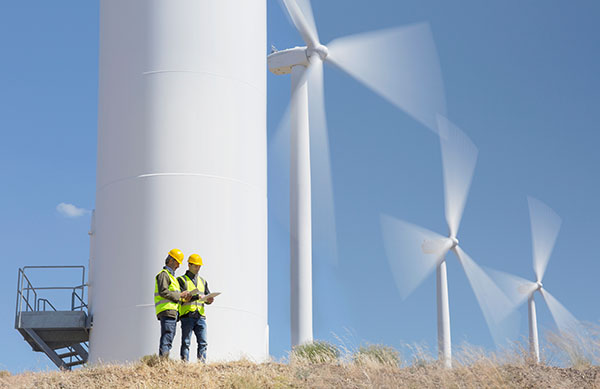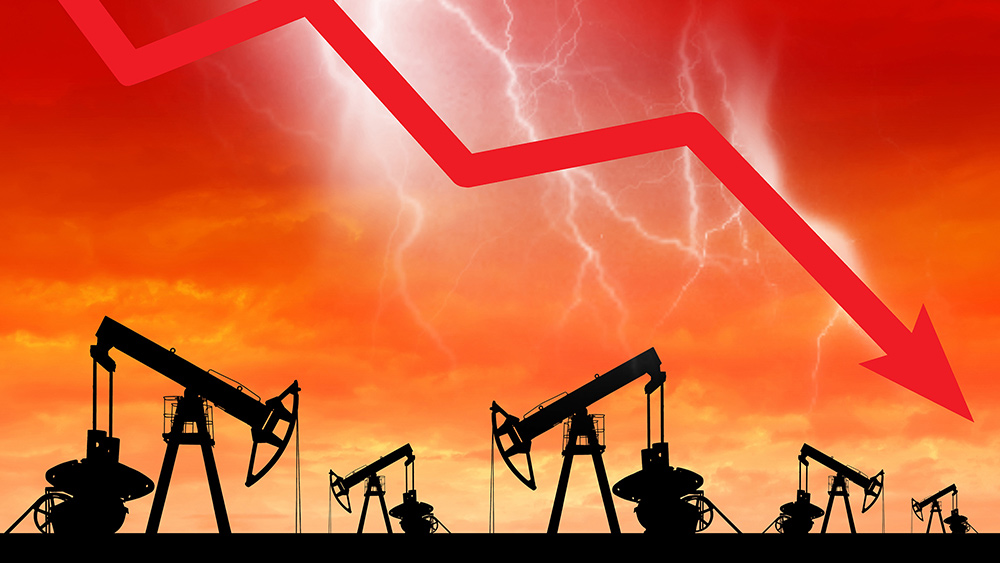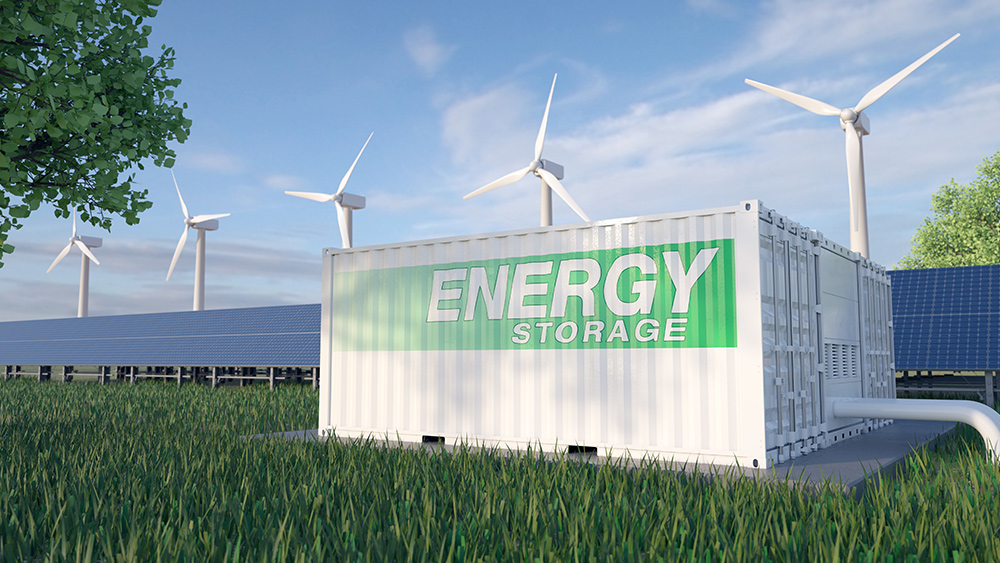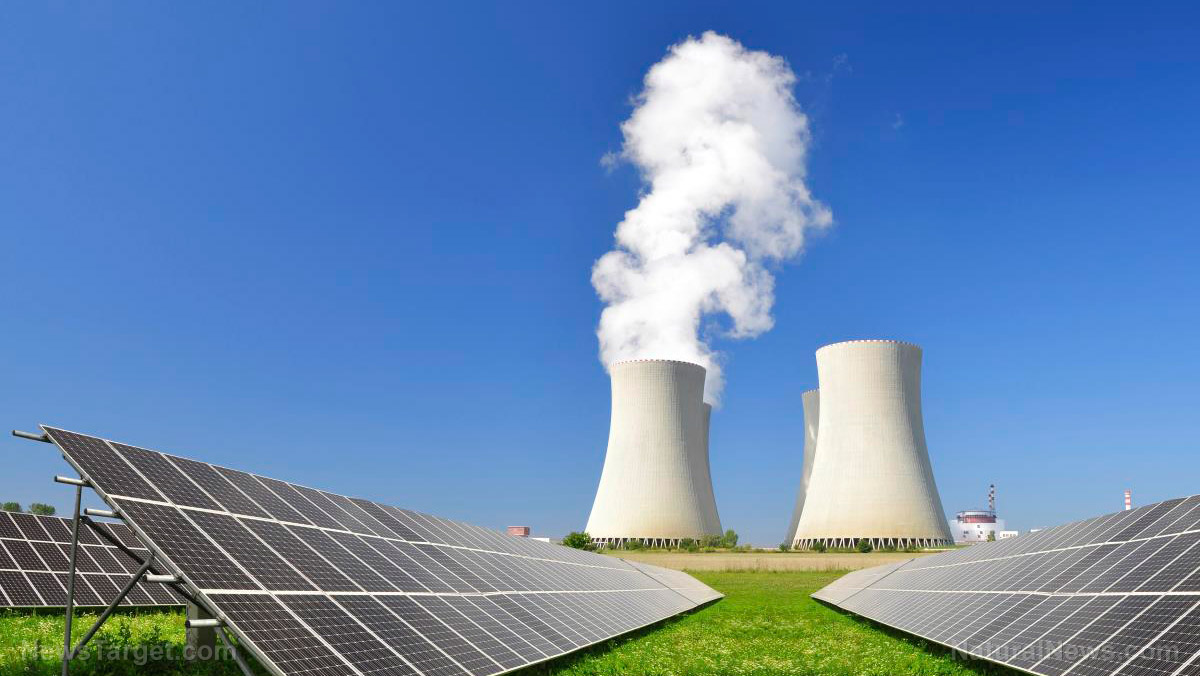Germany’s renewable energy sector “facing the abyss” and leading to widespread economic decline
01/04/2024 / By Cassie B.

The German economy is suffering as a result of the country’s shift to renewable energies, with one paper characterizing the move as going from “a boom to crisis.”
When inflation and interest rates were lower, the renewable energy industry in Germany may have been booming, but raw materials are becoming more difficult to secure and manufacturers are failing to keep up. According to Blackout News, “the outlook for the renewable energy sector has deteriorated drastically.” The outlet reports that the country’s green energy sector is now “facing the abyss” and “on the brink.”
While global stock markets have climbed by 11 percent during the past 12 months, the S&P Global Clean Energy Index monitoring the renewables sector’s performance has dropped by 32 percent. These are significant losses that affect businesses, shareholders and investors who have gone all in on renewable energy.
It is not just the green energy sector that is suffering; the country’s overall economy is also on the downturn. Several major employers are reducing work hours and cutting jobs, including Liebherr, Hansgrohe, Gardena and Stiehl. Several other businesses are expected to make cuts soon, including the chainsaw manufacturer Stihl and the textile company Groz-Beckert.
Blackout News explains: “Rising inflation and the construction crisis are two of the main reasons for the current economic uncertainty. Rising inflation is putting a strain on households.”
At the heart of the inflation being blamed for the German economy’s woes is the rising cost of energy as a result of governmental energy policies.
In December, German Chancellor Olaf Scholz announced that his government had formed an agreement about the budget following crisis talks after the country’s constitutional court ruled that their 2024 budget was illegal because it took on too much new borrowing.
As a result, the government cut some of its green subsidies, with subsidies for electric cars and solar energies now ending earlier than originally planned.
Scholz has denied his government is now backtracking on its green commitments, saying that they do intend to stick to their goals but will now have to find a way to do so without spending as much money.
Last spring, it was reported that Germany’s Federal Ministry of Economics “grossly miscalculated” how much it will cost to remove the oil and gas heating systems in buildings and homes and replace them with heat pumps by 2045. The original estimate by the ministry of 135 billion euros was way off the mark, with the actual total price tag estimated to be closer to 776 billion euros.
Unemployment rising and economy predicted to shrink
Last month, the number of unemployed people in the country increased, and Germany saw its unemployment figure rise to 2.6 million overall in 2023, a jump of 191,000 over the previous year. There were also 84,000 fewer job openings in Germany in 2023 compared to 2022.
Year-end assessments of the German economy largely view 2023 as a year of stagnation, with very sluggish growth as consumers grapple with rising prices and inflation. Moreover, unstable energy prices have forced international corporations to cancel or alter their investment plans. Economy and Climate Minister Robert Habeck’s green transformation is broadly criticized as being overly ambitious and costing the country a significant amount of money.
VP Bank Chief Economist Thomas Gitzel told DW: “Things are going really bad for Germany right now.”
Meanwhile, some experts, like DB Research’s Stefan Schneider, predict that the country’s economy will shrink next year.
Sources for this article include:
Submit a correction >>
Tagged Under:
big government, bubble, climate, collapse, debt collapse, economic collapse, economy, energy report, energy supply, finance riot, fuel supply, Germany, green energy, green living, green tyranny, inflation, market crash, money supply, power, renewable energy, risk, stupid
This article may contain statements that reflect the opinion of the author
RECENT NEWS & ARTICLES
COPYRIGHT © 2022 FuelSupply.news
All content posted on this site is protected under Free Speech. FuelSupply.news is not responsible for content written by contributing authors. The information on this site is provided for educational and entertainment purposes only. It is not intended as a substitute for professional advice of any kind. FuelSupply.news assumes no responsibility for the use or misuse of this material. All trademarks, registered trademarks and service marks mentioned on this site are the property of their respective owners.



















